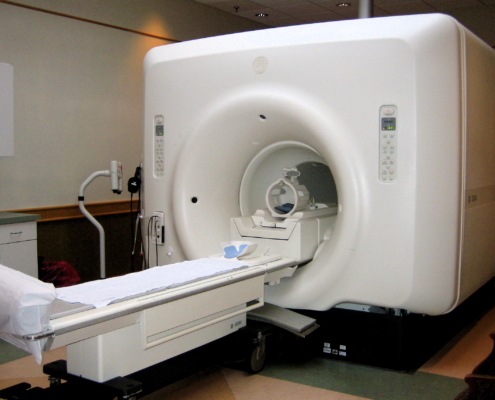As COVID-19 Emergencies Ease, Some Progress on Telehealth Rules
BOSTON, MA (Feb. 15, 2023) — As public health emergency declarations related to the COVID-19 pandemic come to an end, a new study from Pioneer Institute, Cicero Institute, and Reason Foundation rates every state’s telehealth laws. The report finds Arizona and Delaware rate best across four key telehealth policy areas, while highlighting some progress in New England.
Legislation in Vermont creates a clear path to allow out-of-state providers to see Vermont patients, although some barriers to access remain; in New Hampshire, new legislation gives a green light to providers to start a telehealth visit by any mode that works for them and their patients. While Massachusetts scores a “green” rating on three of the measures, the state continues to bar access to telehealth services across state lines.
With the three-year COVID-19 pandemic largely under control, the Biden administration recently announced plans to end the COVID-19 national public health emergency on May 11. Most states have already ended their public health emergency declarations, so the temporary orders and waivers that allowed millions of patients to access telehealth services during the pandemic need to be turned into permanent laws, or patients risk losing access to healthcare options and providers may lose significant incentives to innovate, a new report warns.
The policy brief rates all 50 states in four critical areas of telehealth policy and details what each state needs to do to improve.
Arizona and Delaware stand out as the only two states rated green for good in all four key telehealth law categories related to enabling patients to access high-quality telehealth care and giving healthcare providers the flexibility to provide a variety of services now and in the future. In contrast, three states—New Jersey, South Carolina, and Virginia—fail to score green in any of the four categories the report deems critical to today’s telehealth services and future innovation.
The report grades every state’s telehealth laws in four areas crucial to patients, quality of care, and creating a regulatory environment that doesn’t stifle future healthcare improvements. It recommends that states:
- Should define telehealth in broad terms that do not favor one type of telehealth model, giving current patients options and leaving room for future innovations.
- Allow modal neutrality so services can be provided via audio, video, text, email, and other modes of communication.
- Allow patients to access telehealth services, doctors, and providers across state lines.
- Allow doctors, nurse practitioners, and others to provide all the medical services they’re trained to provide.
“A surprising number of states have only made minor tweaks to their telehealth laws,” said Josh Archambault, coauthor of the policy brief and senior fellow at Pioneer Institute and the Cicero Institute. “Lawmakers must refocus their efforts to ensure their states have clear laws and guidelines in place so that patients and providers can benefit from today’s telehealth services and future innovations.”
“During the COVID-19 pandemic, patients discovered and utilized a variety of telehealth options that offered flexible, affordable, and high-quality care, and those options shouldn’t be taken away,” added Vittorio Nastasi, coauthor and a policy analyst at Reason Foundation. “States need to improve their laws so patients have as many quality care options as possible and the future healthcare system can become more patient-centric.”
The full report, State Policy Agenda for Telehealth Innovation, also outlines how each state can modernize and upgrade its telehealth laws without stifling future advancements.
Contact
Josh Archambault at (617) 645-7679 or jarchambault@pioneerinstitute.org
Get Updates On Our Healthcare Research and Events!
Related Posts:













